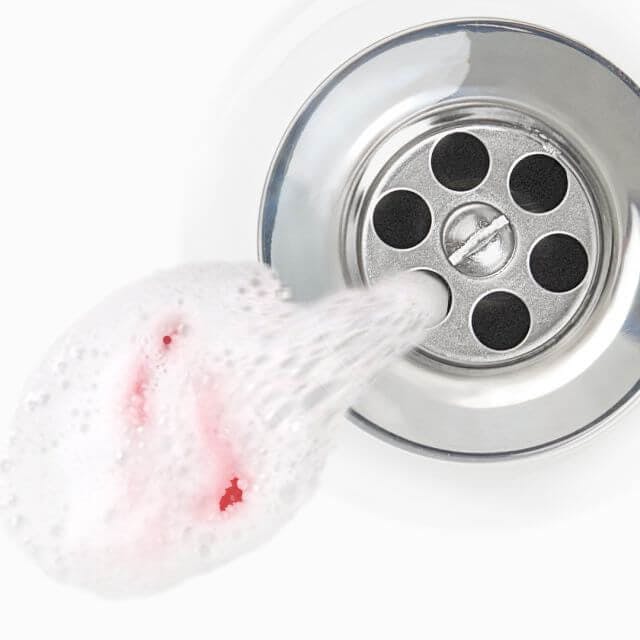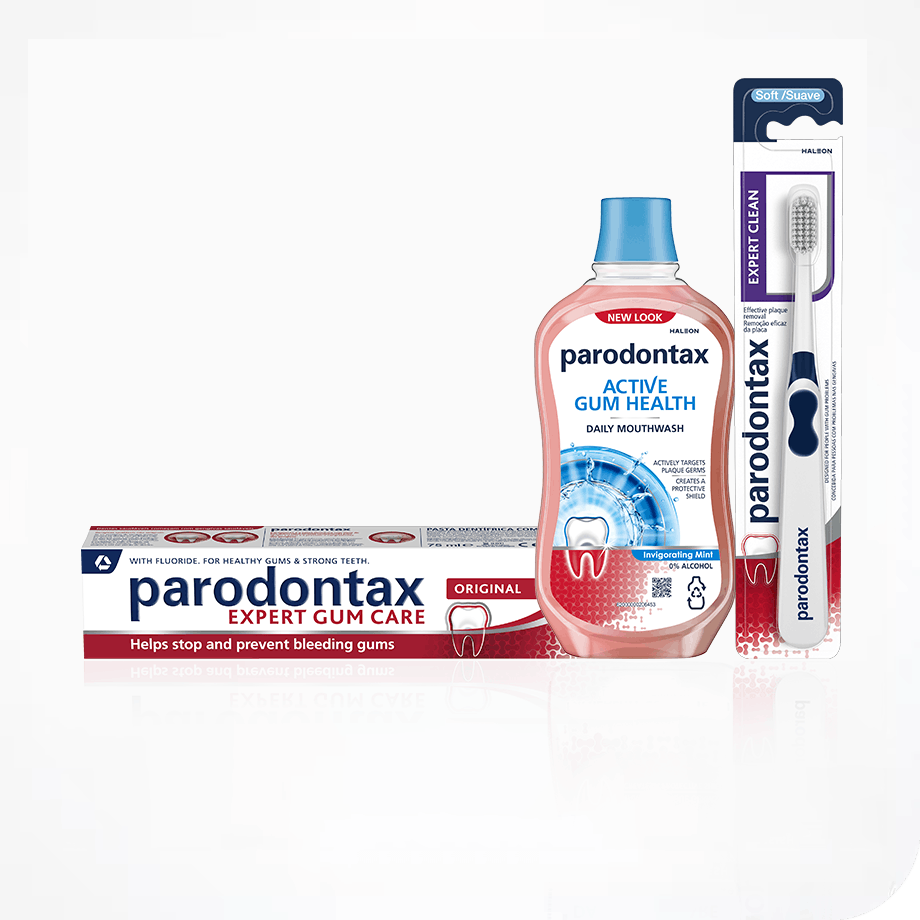Select location:
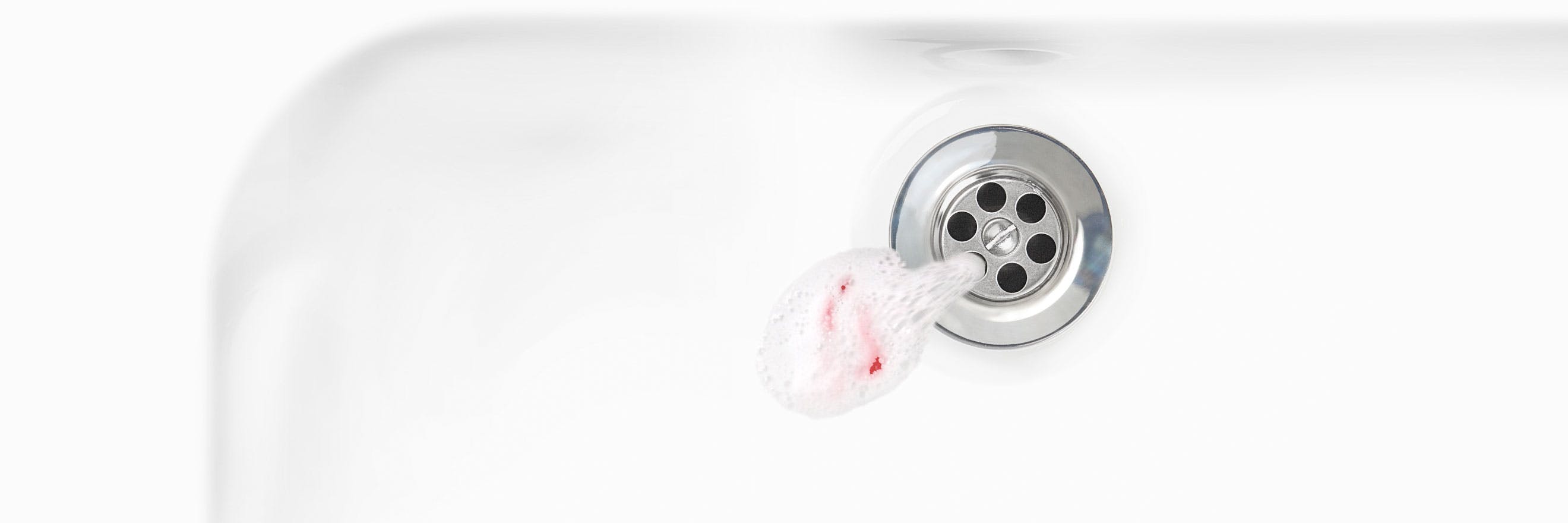
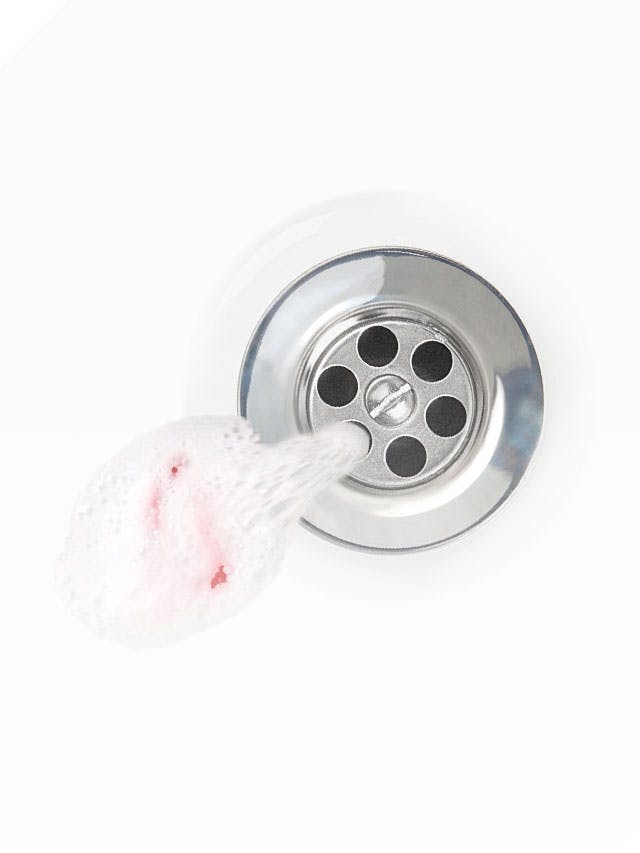
Symptoms of Gum Disease
Causes of swollen gums
While healthy gums are pink and firm, swollen gums tend to be red and puffy. They are often one of the symptoms of gum disease, so it’s important to speak to a dentist as soon as possible because there could be worse to come.
The most common cause of swollen gums (also called inflamed gums) is plaque bacteria that constantly builds up on, around and in between your teeth. It tends to develop when food particles containing carbohydrates (sugars and starches) are left to linger in the mouth.
Unless the plaque bacteria is removed (usually by brushing), it can cause swollen gums around the tooth. This inflammation may eventually spread to the gum socket that holds the tooth or even lead to more serious problems like periodontitis.
There are other causes of swollen gums too, though, so it’s important to talk to your dentist if you have any concerns as an expert can provide the best advice on the right treatment for swollen gums.
Gum disease is rarely painful, so if you have sore gums this is more likely to be caused by something else, for example by brushing too hard,or a dental abscess. If you are concerned that your gums are painful, you should seek professional advice from a dentist on how to treat sore gums. However, if you have swollen gums, this can be a sign of gingivitis.
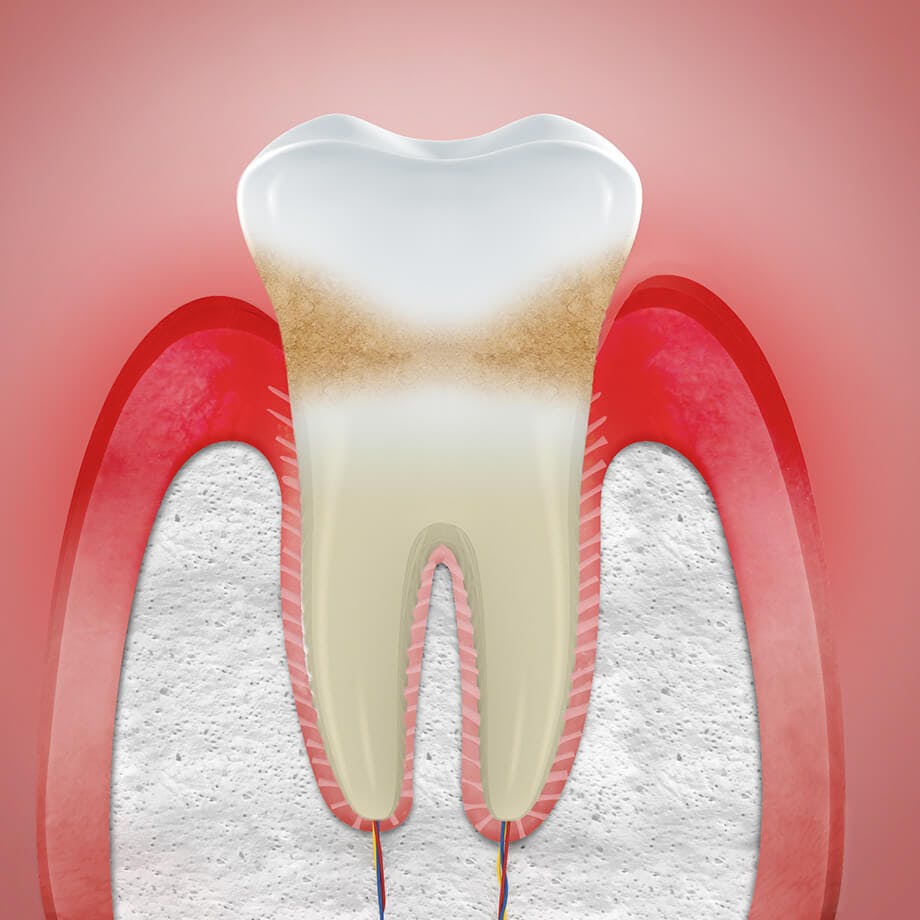
How to treat swollen gums
As well as speaking to your dentist and attending regular check-ups, there are several things you can do to remove plaque bacteria and, in doing so, help treat swollen gums.
- Brush your teeth twice daily for at least two minutes with a toothpaste like parodontax Expert Gum Care Toothpaste. When used twice a day, parodontax Expert Gum Care Toothpaste is 4x more effective than a regular toothpaste* at removing the main cause of bleeding gums.
- Use an electric or manual toothbrush with soft round bristles and a small head such as the parodontax Toothbrushes, paying careful attention to the space where the gums and teeth meet.
- Floss or use interdental brushes, which can help remove plaque bacteria from difficult to reach areas, like in between your teeth.
- Use a mouthwash such as parodontax Daily Gum Care Mouthwash for the treatment and prevention of gum disease.
Adopting a good oral health routine like this is the best home treatment for swollen gums.
*At removing plaque bacteria, the main cause of bleeding gums, with twice daily brushing

